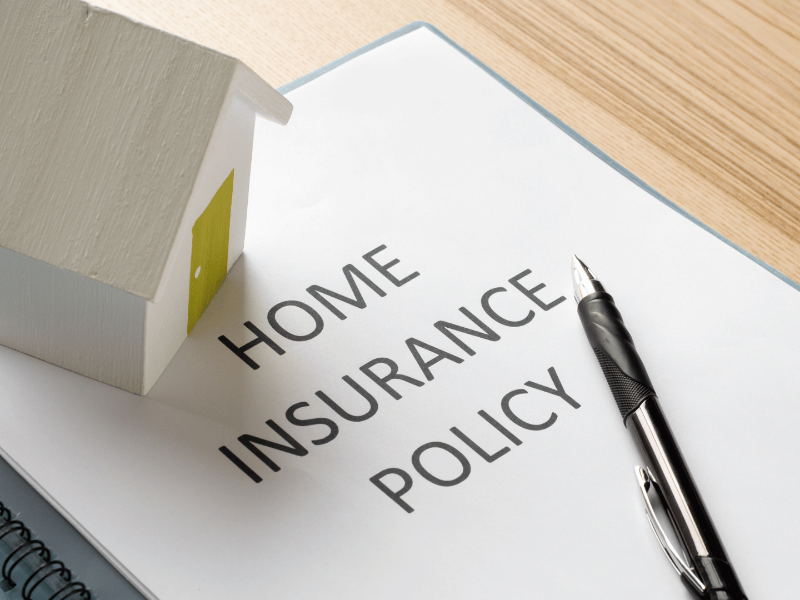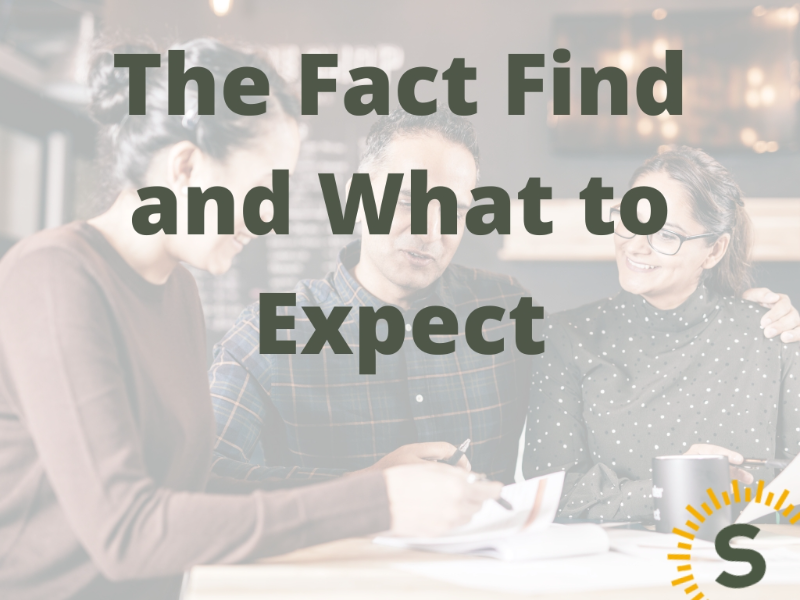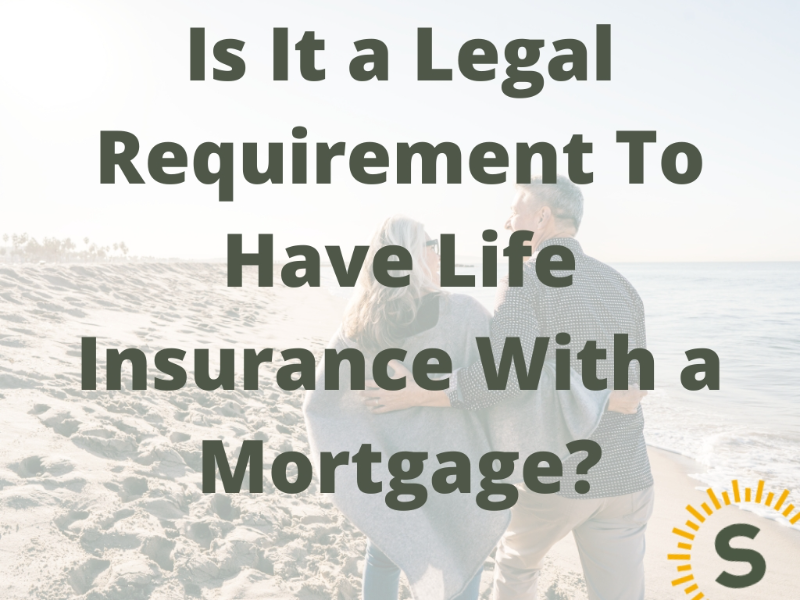
Imagine buying a house and you find out you're liable for damages caused to the building before you even have the keys. It's going to set you back quite a way. In the meantime, you're living with whatever damages there are and the implications of that. It could open up further risk of theft, water damage, or issues with insulation.
All this concern may leave you wondering, when should you get home insurance when buying a house? After all, you don't want to fall foul of any legal liabilities.
Don't worry. In this insight, we are going to explain what you need to know about your responsibility and requirements of when to get home insurance when buying a house.
You need your building insurance policy to start the day that you exchange contracts. It is from that point that you are liable for any damages to the property.
For example, if there is a fire, you will have to pay for the cost of the damages. It is not the responsibility of the seller to fix this damage. By having insurance in place, you will be covered financially against the impact, and can make a claim for the cost.
Your Mortgage adviser will be able to provide options for you on your home insurance needs. If you decide to proceed with them, you can ask them to manage the start date of your policy on your behalf. They will be notified by the conveyancer when exchange of contracts is taking place. Your Mortgage adviser will begin the home insurance start date from then.
Your lender will still require that there is a building insurance in place even if you are buying a flat. The difference is that in most cases, you will not be expected to organise this yourself. It will be covered by your leasehold building management company. You will be required to provide evidence of this to your conveyancer before exchange of contracts.
If you are buying with a mortgage, you must have building insurance in place at point of exchange. This will be a mandatory requirement by the lender. Having building insurance will continue to be a requirement all the while you have the mortgage and this is to protect the lender's security for the mortgage. If you do not have a mortgage on the property, it is not a legal requirement for you to have buildings insurance. However, you should strongly consider the implications of not insuring the property, and what that could mean financially in the worst-case scenario.
If you fail to arrange building insurance for the point of exchange, you will be liable for any damages to the property. If you can't pay, you will still need to either complete the purchase otherwise you will be legally required to pay the mortgage. The seller will expect the money for the damages, or the money for the sale of the home.
If the house burns down, and you do not have insurance in place, you may still have the mortgage to pay back. It is likely that the lender will begin legal proceedings against you as you have not kept to the terms of your mortgage.
Contents refers to items that can be moved inside the house. You will not be liable for the contents in the house until these contents belong to you. That means, from completion onwards you are liable for any damages. However, it is not a requirement of the mortgage lender or a legal requirement to have contents insurance. It is up to you whether you decide to insure for contents, but it is advisable. You will begin to accumulate a lot of items over time. The value of all your contents should be assessed for you to understand what the financial impact could be in a worst-case scenario. You should then cover your contents for that value or higher, to ensure you have the right level of cover in place.
Be aware that if you have fixtures and fittings in the property, these will be classed as buildings and will need covering.
It's a risk if you do not know when to get home insurance when buying a house. Failing to cover yourself properly could result in either be a legal battle with the vendors or a legal battle with the lender. In our view, it is not worth the risk of not being fully insured when it comes to an asset that is likely to be one of the most expensive items you will buy in your lifetime.
If you are looking for advice on home insurance & mortgages, you can find an adviser listed on Sunny Avenue. Or, we can help you find an adviser best suited for your needs if you complete the Sunny Fact Find.

Stuart is an expert in Property, Money, Banking & Finance, having worked in retail and investment banking for 10+ years before founding Sunny Avenue. Stuart has spent his career studying finance. He holds qualifications in financial studies, mortgage advice & practice, banking operations, dealing & financial markets, derivatives, securities & investments.
 No minimum
No minimum  Free Consultations
Free Consultations
 No minimum
No minimum  No obligation consultation
No obligation consultation
 No minimum
No minimum  No obligation consultation
No obligation consultation
 No minimum
No minimum  No obligation consultation
No obligation consultation
 No minimum
No minimum  Free Consultations
Free Consultations
 £51,000+
£51,000+  Free Consultations
Free Consultations
 No minimum
No minimum  Initial or Ongoing Consultation Fees
Initial or Ongoing Consultation Fees
 No minimum
No minimum  Initial fee free consultation
Initial fee free consultation
 No minimum
No minimum  No obligation consultation
No obligation consultation
 No minimum
No minimum  Stockton-on-Tees, County Durham
Stockton-on-Tees, County Durham Free Consultations
Free Consultations
 No minimum
No minimum  Initial fee free consultation
Initial fee free consultation
 No minimum
No minimum  Free Consultations
Free Consultations
 No minimum
No minimum  Initial fee free consultation
Initial fee free consultation
 £51,000+
£51,000+  Sheffield, South Yorkshire
Sheffield, South Yorkshire No obligation consultation
No obligation consultation
 No minimum
No minimum  Free Consultations
Free Consultations
 No minimum
No minimum  Free Consultations
Free Consultations
 No minimum
No minimum  Free Consultations
Free Consultations
 No minimum
No minimum  Coatbridge, Lanarkshire
Coatbridge, Lanarkshire Initial or Ongoing Consultation Fees
Initial or Ongoing Consultation Fees
 No minimum
No minimum  No obligation consultation
No obligation consultation
 £21,000 +
£21,000 +  Initial fee free consultation
Initial fee free consultation
 London, Greater London
London, Greater London No obligation consultation
No obligation consultation
 No minimum
No minimum  No obligation consultation
No obligation consultation
 No minimum
No minimum  Initial fee free consultation
Initial fee free consultation
 No minimum
No minimum  No obligation consultation
No obligation consultation
 No minimum
No minimum  Initial or Ongoing Consultation Fees
Initial or Ongoing Consultation Fees





Our website offers information about financial products such as investing, savings, equity release, mortgages, and insurance. None of the information on Sunny Avenue constitutes personal advice. Sunny Avenue does not offer any of these services directly and we only act as a directory service to connect you to the experts. If you require further information to proceed you will need to request advice, for example from the financial advisers listed. If you decide to invest, read the important investment notes provided first, decide how to proceed on your own basis, and remember that investments can go up and down in value, so you could get back less than you put in.
Think carefully before securing debts against your home. A mortgage is a loan secured on your home, which you could lose if you do not keep up your mortgage payments. Check that any mortgage will meet your needs if you want to move or sell your home or you want your family to inherit it. If you are in any doubt, seek independent advice.